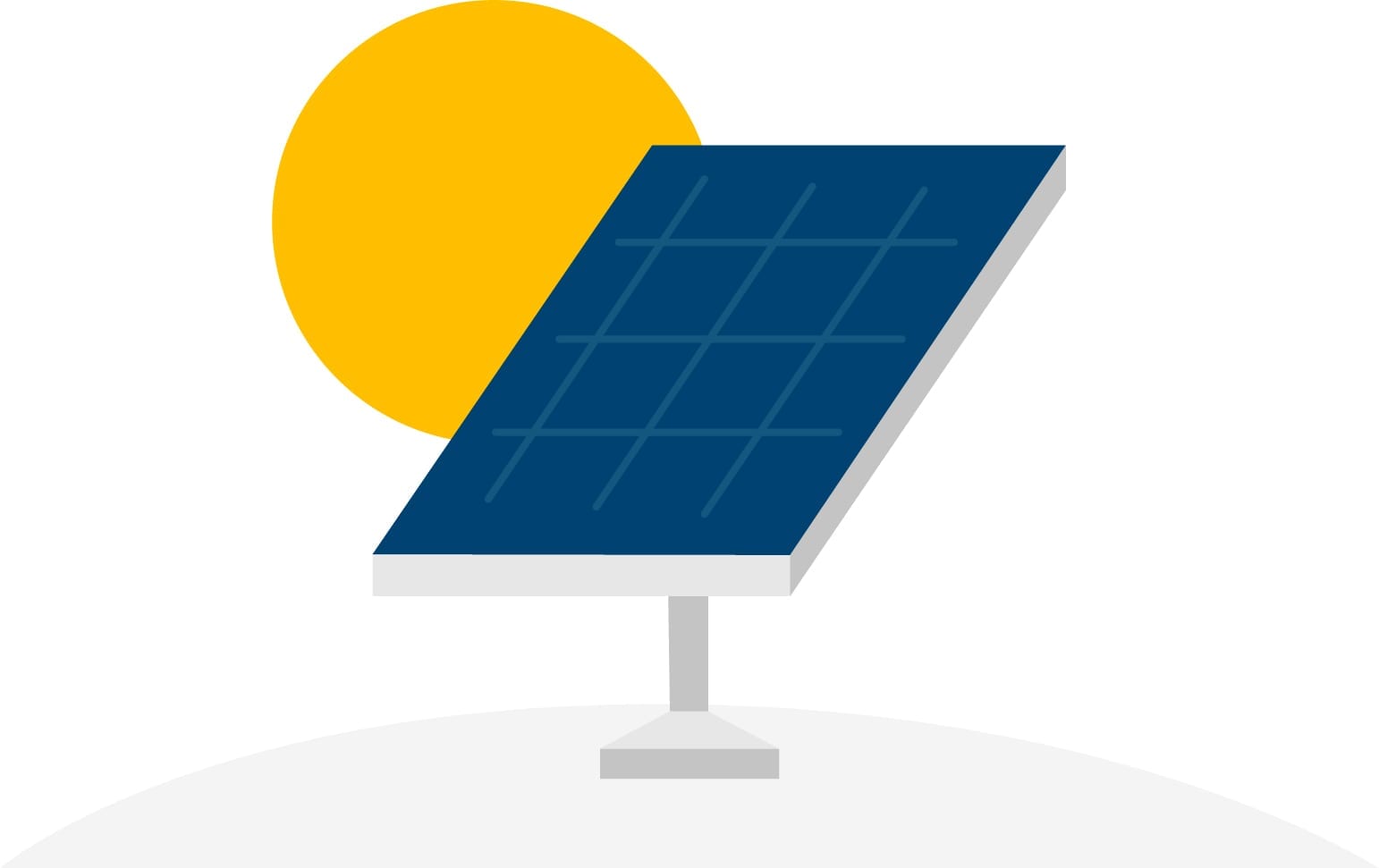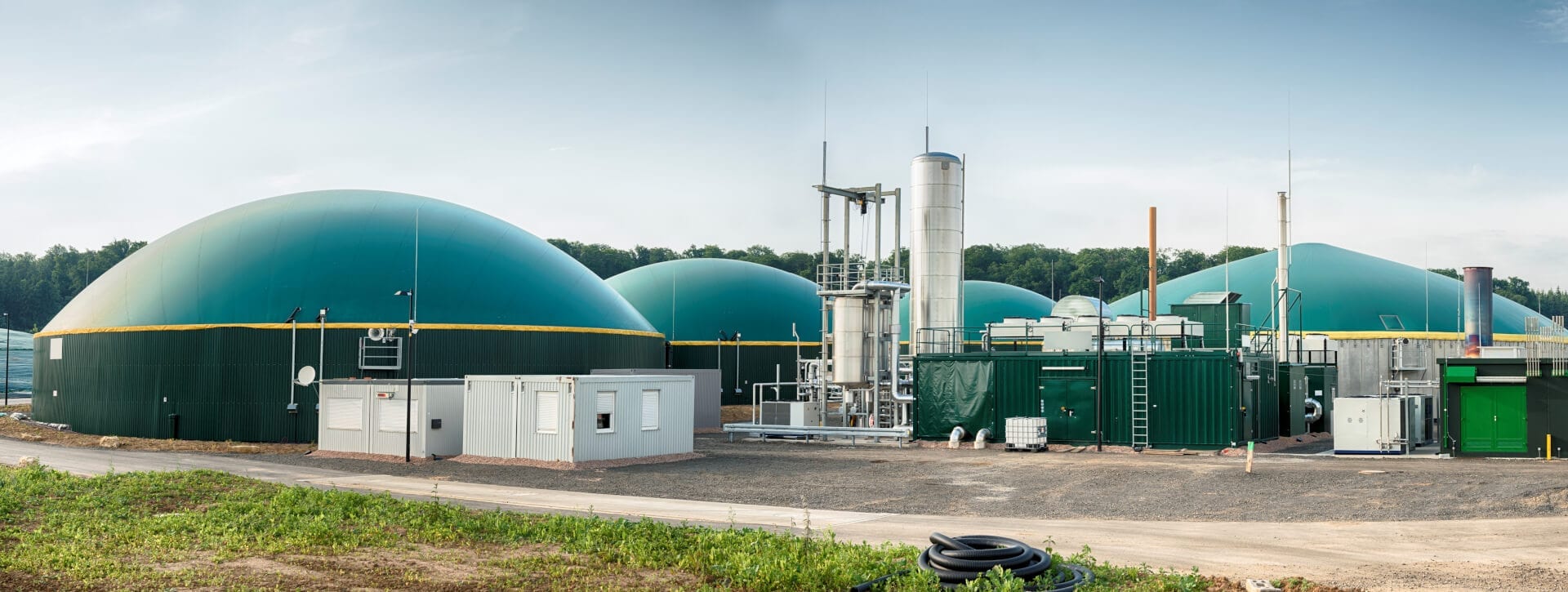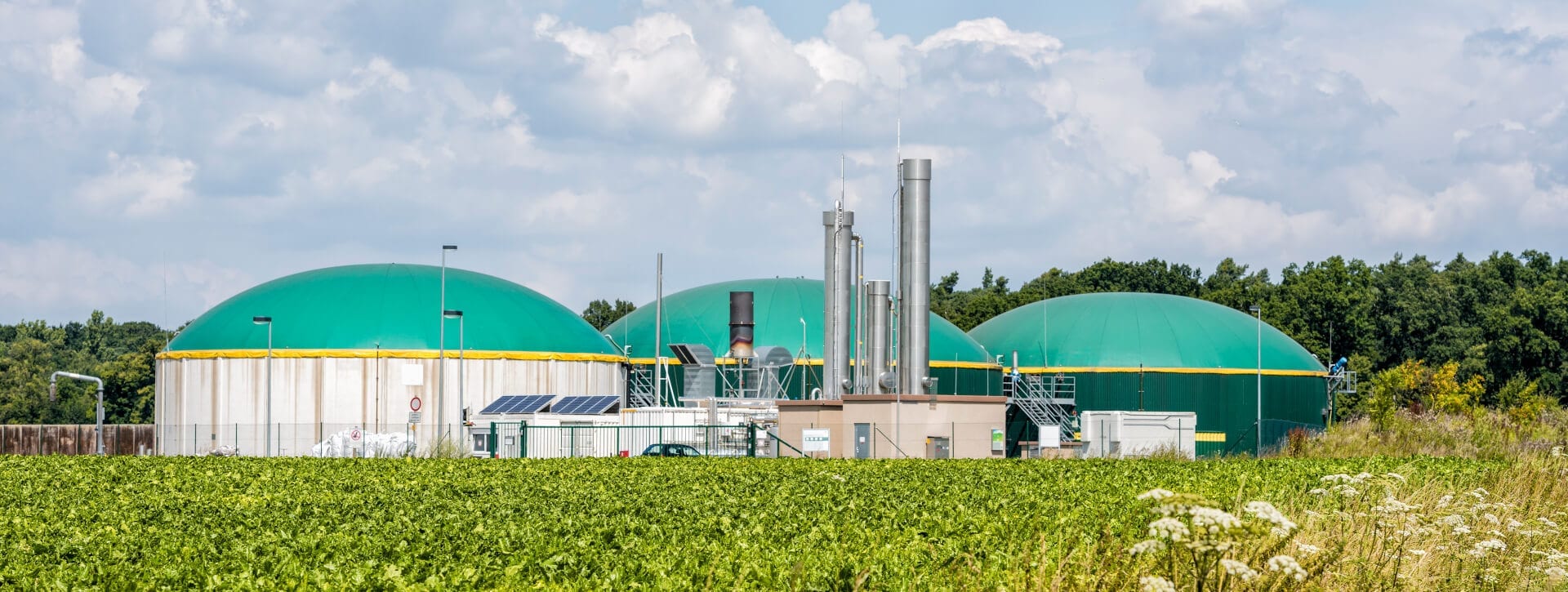
NEB Releases its Economics of Solar Power in Canada Report
November 28, 2018 Insights
The National Energy Board (NEB) has just completed their summary of “The Economics of Solar Power in Canada (ESPC)”. This report studies the financial viability of typical solar power projects in over 20 000 Canadian communities. ESPC does this by estimating the amount and cost of electricity these projects might generate. It then compares these costs to local electricity prices to understand whether it makes financial sense to install solar. Four types of solar projects were considered: residential, commercial, community, and utility-scale.
The summary is an interesting read, but if you’re strapped for time, I’ll summarize: its data proves that it’s cheaper to build a solar system and consume the power locally than to purchase power from a Local Distribution Company (LDC). Exciting news for both Skyline Energy and the Skyline Clean Energy Fund.
Rob Stein
President, Skyline Energy
Article Link: The Economics of Solar Power in Canada (ESPC)
More from this category:

Skyline Energy explains: What happens inside a digester?
The Skyline Energy team explains how digestate and its byproduct of biogas are created inside an anaerobic digester.

Carbon tax: how does it work and who can benefit from it?
Skyline Clean Energy Fund (SCEF) is available to Accredited investors only. Learn more 2020 was one of the three warmest years on record in the history of our planet, according to the World Meterological Association (WMA).1 Human activity related to the burning of fossil fuels continues to send carbon dioxide (CO2), methane (CH4), and nitrous [...]
Skyline Energy Explains: Biogas, A Natural & Renewable Type of Energy Generation
Like solar, wind, and hydro, biogas is a natural, renewable, and low-carbon alternative to traditional energy generation.

